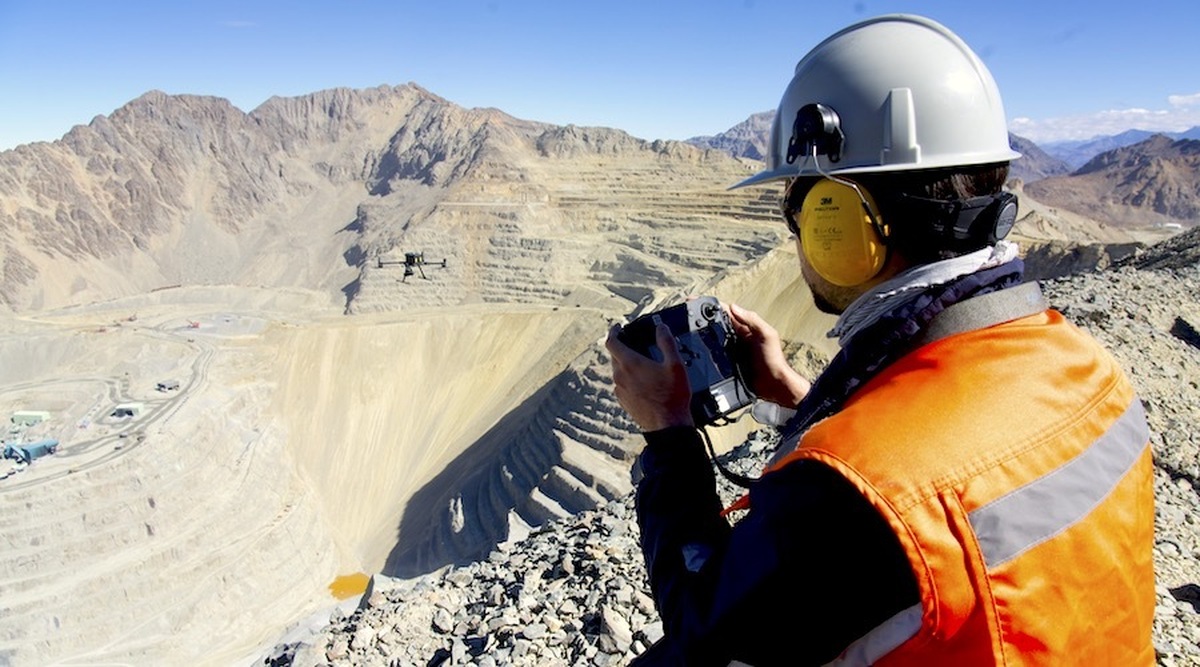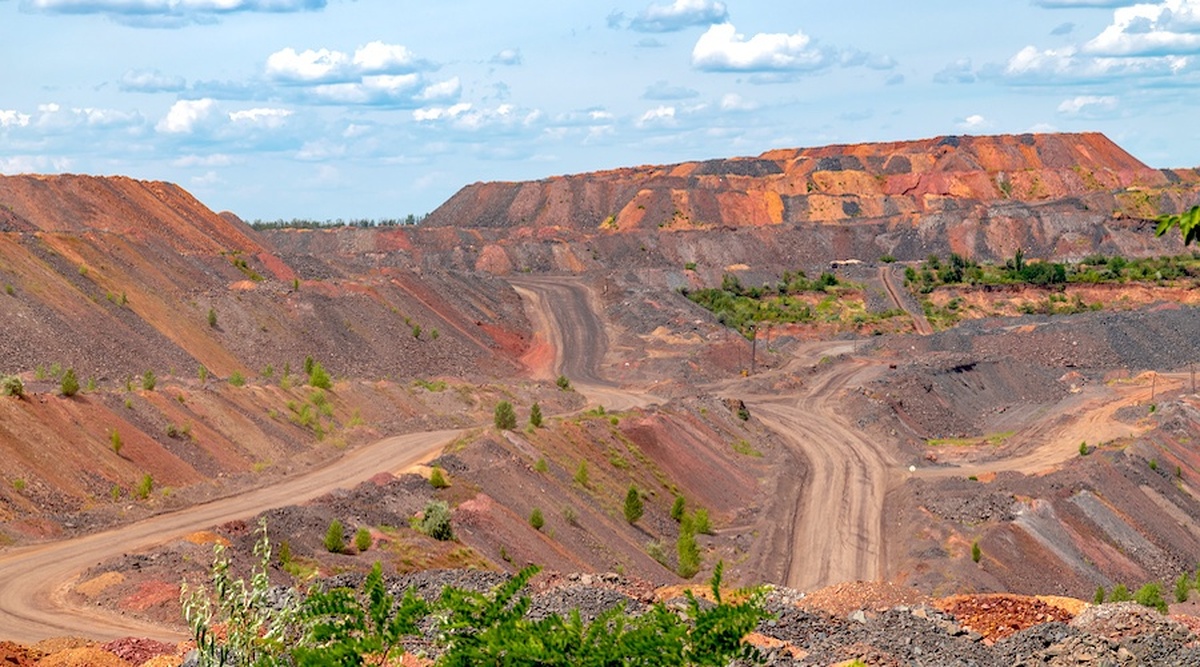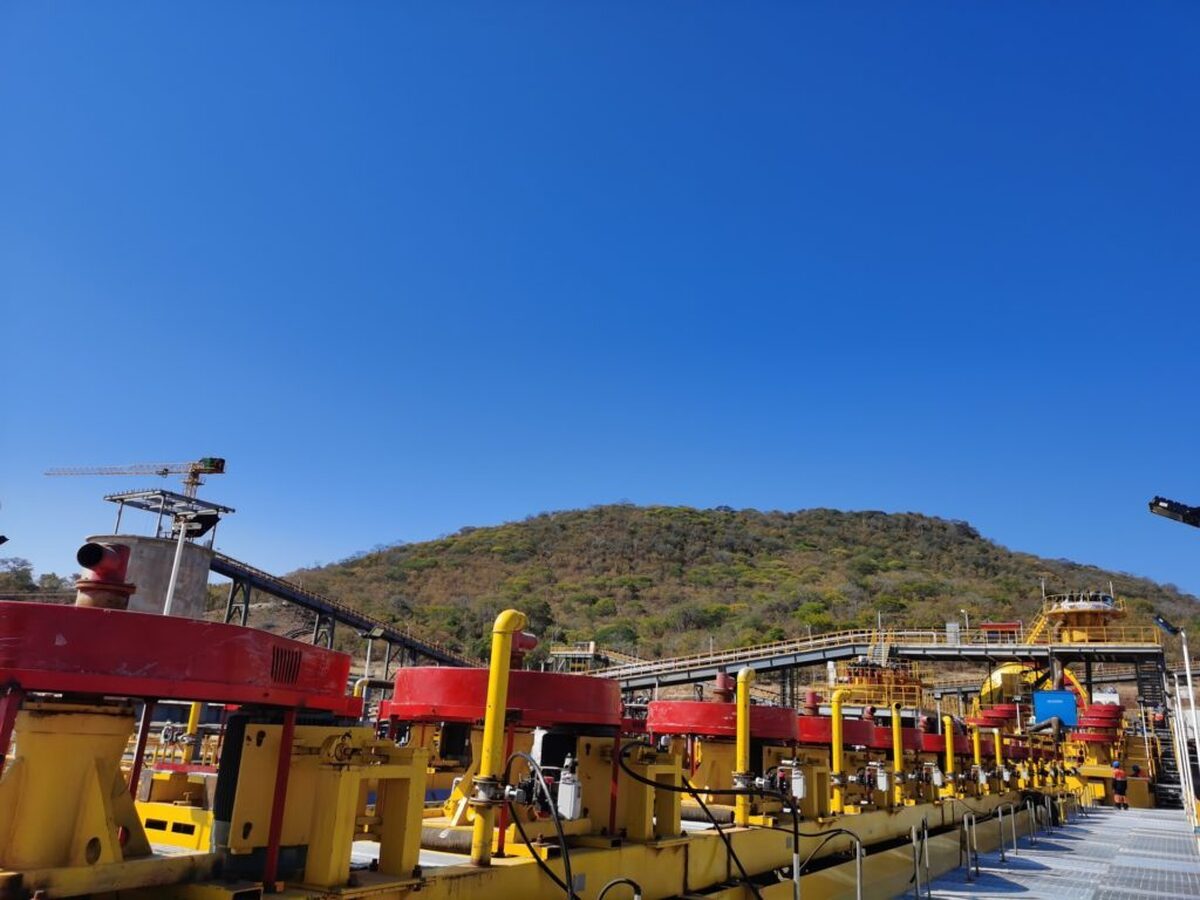
World’s No. 2 lithium miner SQM hit by weak prices
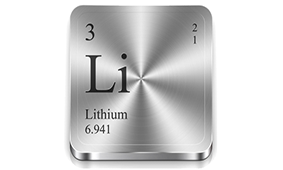
Delivering results for the three months to June 30, the Santiago-based company echoed analysts and other market players’ concern about the effect that oversupply of the battery metal as well as cuts to EVs subsidies is having on prices.
“The second quarter results were mainly impacted by lower lithium sale prices,” Chief Executive Ricardo Ramos said in a statement. “We have seen lithium supply growing more than demand over the past few quarters, putting pressure on prices.”
The miner attributed the sharp decline in its selling prices to higher sales to China, the world’s top consumer of the commodity, where prices have sunk.
Quarterly earnings fell by almost half, even as sales volumes grew.
Prices for lithium carbonate, the most common type used in EV batteries, doubled over 2016 and 2017. Since then, they have fallen by more than 40% over the past year, to around $9.25 per kg at the end of July, commodity research group CRU said on Wednesday.
The consultancy says that lithium prices will continue to be governed by cost fundamentals, which will keep them in the single-figures.
CRU’s view seems to be backed by the main producers. Earlier this month, Albemarle Corp (NYSE: ALB), the world’s No. 1 lithium miner, postponed plans to add about 125,000 tonnes of processing capacity due to oversupply.
The company has also revised a deal to buy into Australia’s Mineral Resources’ (ASX: MIN) Wodgina lithium mine and said it would delay building 75,000 tonnes of processing capacity at Kemerton, also in Australia.
Despite market weakness, SQM said it expected sales volumes to increase in the near-term, noting that shipments to China had already jumped. “We sold higher sales volumes in the second quarter and expect to sell higher volumes in the second half of the year as we prepare for a 30% to 40% increase in sales volumes next year,” Ramos said.
SQM still expects sales volumes for the year to reach between 45,000 and 50,000 tonnes and said the figure will grow further thanks to a key project in the Middle East, which will require 400,000 tonnes of lithium between 2020 and 2022.
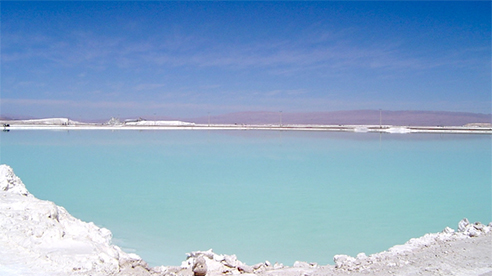


Trump weighs using $2 billion in CHIPS Act funding for critical minerals

Electra converts debt, launches $30M raise to jumpstart stalled cobalt refinery

Codelco cuts 2025 copper forecast after El Teniente mine collapse

Barrick’s Reko Diq in line for $410M ADB backing

Abcourt readies Sleeping Giant mill to pour first gold since 2014

SQM boosts lithium supply plans as prices flick higher

Nevada army depot to serve as base for first US strategic minerals stockpile

Pan American locks in $2.1B takeover of MAG Silver

Viridis unveils 200Mt initial reserve for Brazil rare earth project

Kyrgyzstan kicks off underground gold mining at Kumtor

Kyrgyzstan kicks off underground gold mining at Kumtor

KoBold Metals granted lithium exploration rights in Congo

Freeport Indonesia to wrap up Gresik plant repairs by early September

Energy Fuels soars on Vulcan Elements partnership

Northern Dynasty sticks to proposal in battle to lift Pebble mine veto

Giustra-backed mining firm teams up with informal miners in Colombia

Critical Metals signs agreement to supply rare earth to US government-funded facility

China extends rare earth controls to imported material

Galan Lithium proceeds with $13M financing for Argentina project

Kyrgyzstan kicks off underground gold mining at Kumtor

Freeport Indonesia to wrap up Gresik plant repairs by early September

Energy Fuels soars on Vulcan Elements partnership

Northern Dynasty sticks to proposal in battle to lift Pebble mine veto

Giustra-backed mining firm teams up with informal miners in Colombia

Critical Metals signs agreement to supply rare earth to US government-funded facility

China extends rare earth controls to imported material

Galan Lithium proceeds with $13M financing for Argentina project

Silver price touches $39 as market weighs rate cut outlook

